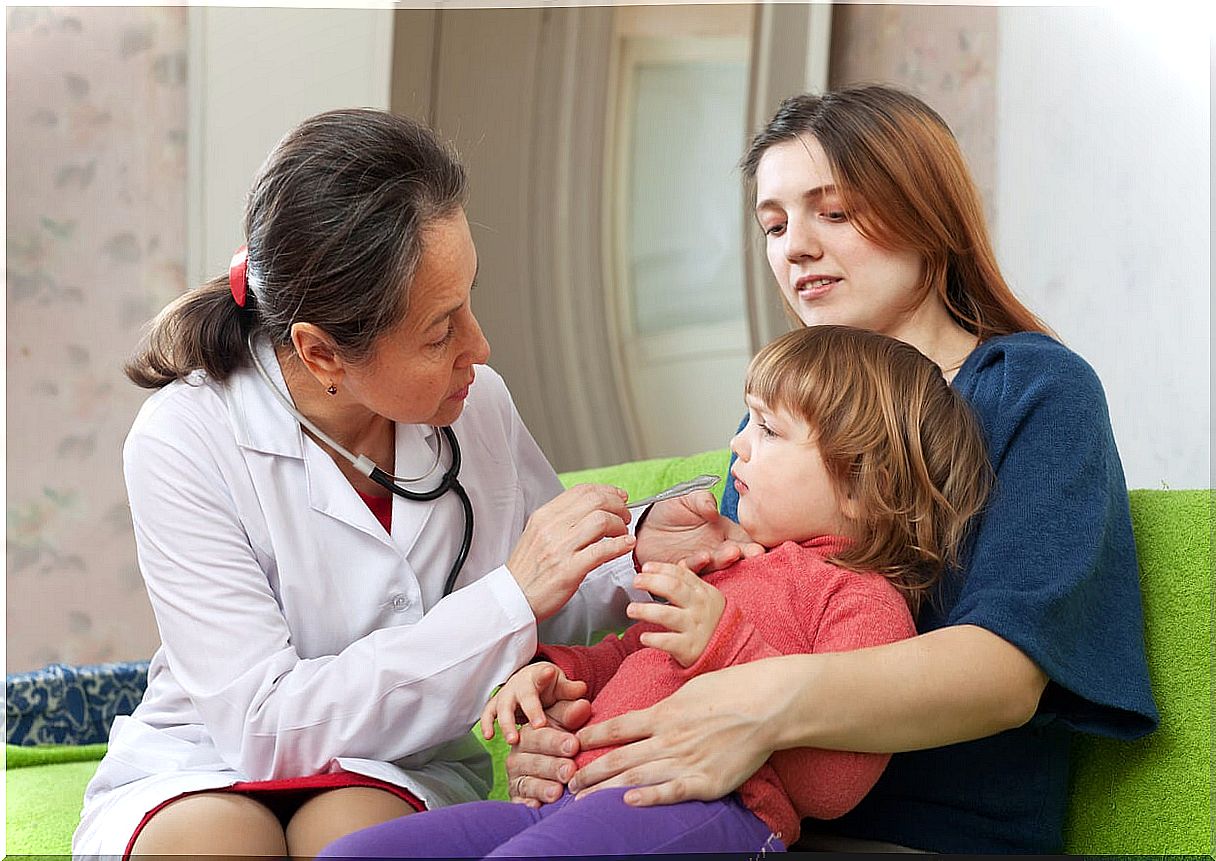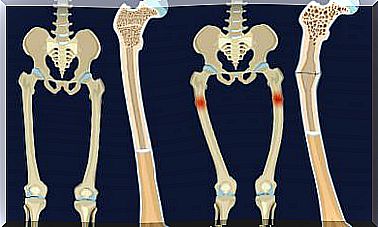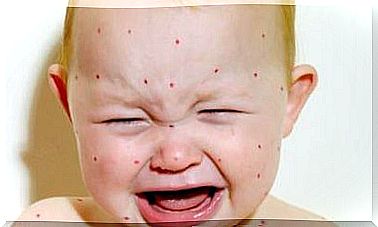Heart Failure In Children: Symptoms, Causes And Treatments

The heart is one of the main organs of the body and its mission is to ensure the flow of blood to all cells and tissues. Thanks to its contractile properties, it pumps rhythmically, driving the blood contained in the arteries so that it can reach every corner of our body.
Together with the blood vessels (veins and arteries), it constitutes the circulatory system. It is a closed circuit where the blood will travel from the heart to the tissues (transporting oxygen and nutrients essential for life) and from the tissues to the heart (transporting cellular waste products, such as carbon dioxide).
When this heart pump does not work properly, the health of the entire body begins to deteriorate. For this reason, it is important to know and detect early signs of heart failure.
What is heart failure in children?
We call heart failure (HF) the set of signs and symptoms that result from a malfunction of the heart pump. In children this may be due to two main mechanisms: problems with filling the pump ( diastolic dysfunction ) or problems with ejection of the blood ( systolic dysfunction ). As a consequence of any of these, the end result will be an inadequate blood flow to the tissues, unable to meet the minimum energy requirements.

What are the causes?
In pediatric age, the causes differ from those in adults. The main cause of heart failure in children are congenital malformations, that is, those conditions with which the child is born. They are called congenital heart disease (CHD ) and it is estimated that 8 out of every 1000 live births will have them.
In addition to structural causes such as CC, there are other causes of HF whose frequency of appearance will depend on the age of the patient and certain environmental conditions. Some of them are the following:
- Infectious : infections acquired in pregnancy, associated with catheters, complications of streptococcal pharyngitis.
- Inflammatory : consequence of autoimmune processes such as Lupus.
- Toxic : adverse effect of drugs, for example chemotherapy.
- Metabolic : inborn errors of metabolism, such as those sought to diagnose with the heel test.
- Arrhythmogenic : are those that cause alterations in the pumping rhythm of the heart or arrhythmias.
- Postoperative : those that will come as a result of previous heart surgeries.
- Idiopathic : indeterminate causes, such as Kawasaki disease, are so called.
Symptoms and warning signs
A heart that does not function properly will result in organs that are not oxygenated properly, as less blood will reach them or at a slower rate than necessary. As a general consequence, the organism will manifest intolerance to the efforts and, in advanced cases, the same will happen during the state of rest.
When heart failure begins early in life, the diagnosis is not easy, since its manifestations are very similar to those of other health conditions.
Before moderate efforts such as feeding, the baby will be irritable, sweaty, agitated, with weak crying and in some cases a pale or bluish color will be observed on the face ( cyanosis ). These difficulties in breastfeeding will result in poor weight gain and growth retardation.
At older ages, the child or adolescent will show a feeling of fatigue or intolerance to physical exertion. For example, after sports activity or in the context of metabolic stress situations, such as an infection. The symptoms may be the following:
- Feeling short of breath ( dyspnea )
- Sweating and paleness
- Palpitations from increased heart rate.
- Dizziness or fainting due to low blood pressure.
- Swelling in the legs, feet and face due to fluid retention or edema .
- Abdominal pain or heaviness due to accumulation of blood within the viscera, such as the liver or spleen.
When all these symptoms also appear during rest, HF is classified as severe and the prognosis becomes more ominous.
How is it diagnosed?
There is no single test that can tell us the diagnosis with certainty. Still, for experienced eyes, the clinical manifestations of heart failure in children can be very informative.
In the presence of a baby with feeding difficulties, poor weight progress, changes in skin color and excessive sweating during breastfeeding, it is important to think about this cause and evaluate it correctly in order to detect or rule it out. Detected in early stages, HF has a better prognosis than when it occurs in advanced stages or severe disease.
In case we suspect this diagnosis, it is important to consult a pediatric cardiologist to evaluate the best option for complementary studies. The options are variable, but, in general, you can opt for very minimally invasive studies such as the following:
- Chest X-ray.
- Electrocardiogram.
- Doppler echocardiogram.
- Stress test (only in older children and adolescents).
Heart Failure Treatments in Children
The main goal of treating heart failure is to minimize complications and slow the progression of heart failure. Depending on what stage of the process you are in, it will be the therapeutic option that is chosen.

In mild and asymptomatic pictures, the most appropriate option will be oral medication. The most commonly used drugs are the following:
- Diuretics : increase the elimination of body water through urine and improve edema .
- Beta-blockers : improve heart and respiratory rate, decrease symptoms in general and help improve the physical growth of the child.
- Angiotensin-converting enzyme inhibitors : they favor the arrival of blood to all the organs of the system, including the heart.
- Antiarrhythmics : they improve the ability of the heart to contract.
In moderate and severe cases, the treatment will be aimed at stabilizing the patient and optimizing their general health. In the long run, the child may require surgeries or even transplants, so it will be mandatory to improve their nutritional status and the functionality of all the body’s organs.
What are the most common complications?
When heart failure is not detected in time, the deterioration of the organism is progressive until irreversible stages, in which case the most viable option will be heart transplantation.
In those cases in which HF is detected in the early stages or before it occurs (for example, with the timely detection and correction of congenital heart disease), the prognosis may be more encouraging. This will depend, to a large extent, on ensuring access to the necessary health care and that the patient receives the appropriate treatments.
Living with heart failure
Although the potential complications of HF are serious, with proper treatment it is often possible to achieve a balanced state of health that allows you to lead a normal life. It is important to monitor the child and his family from the diagnosis and at each stage of his disease, because the results will depend to a large extent on this.
However, living with heart failure is possible! Experts work every day to improve diagnostic strategies and therapeutic offers. Although this is a very desirable goal to achieve, the most important thing today is to educate the health system and the community about the importance of making a timely diagnosis.









